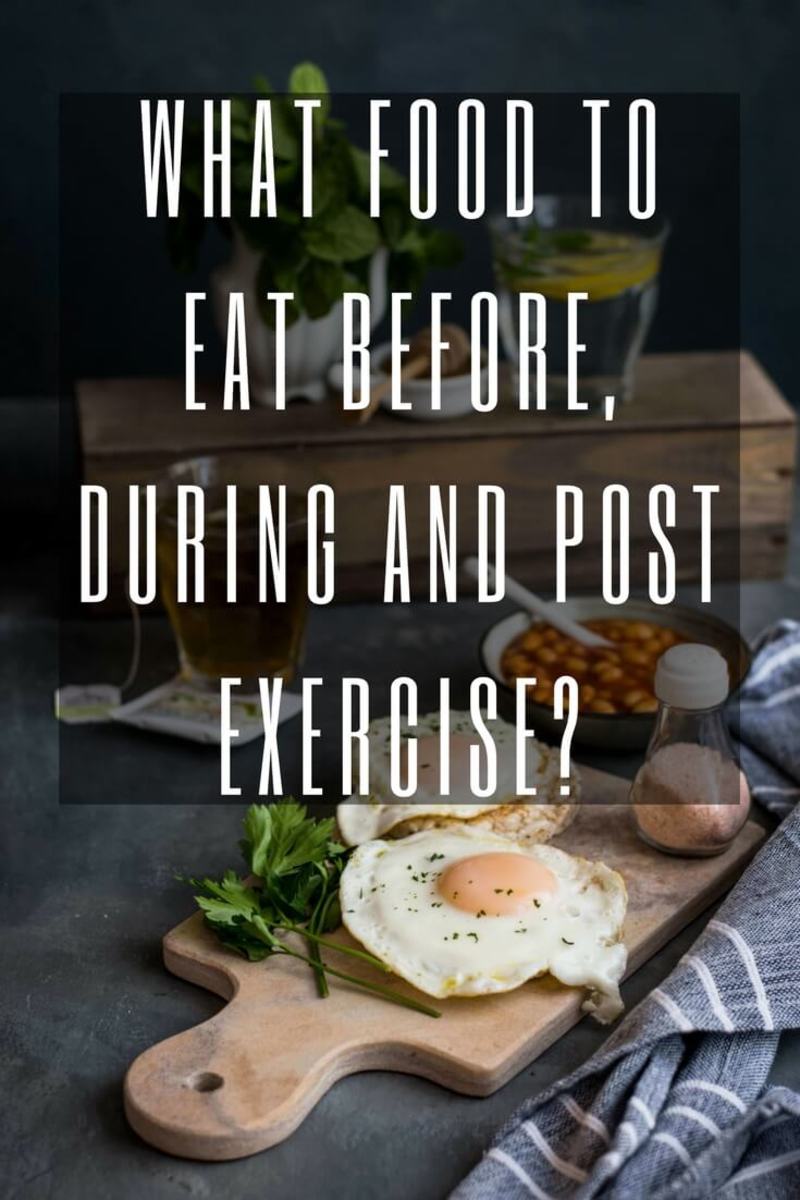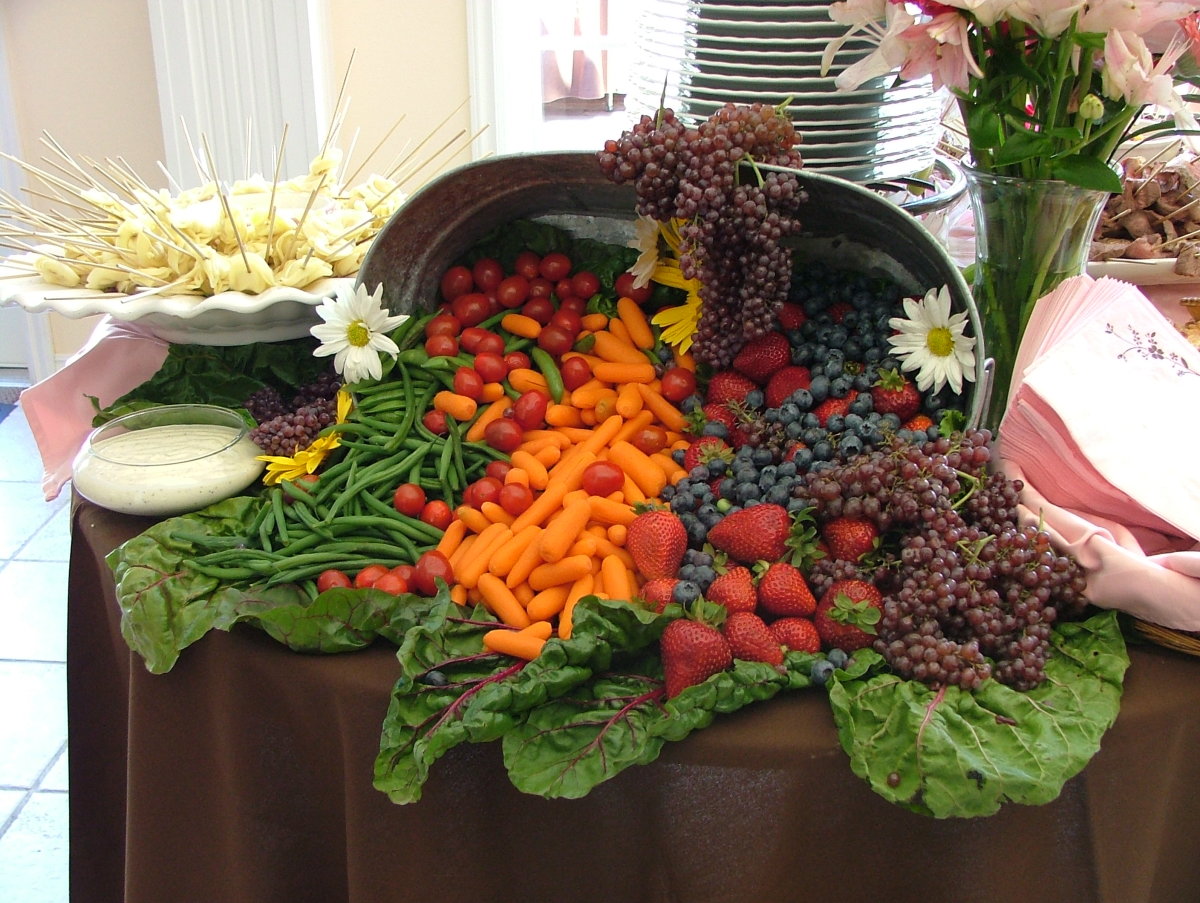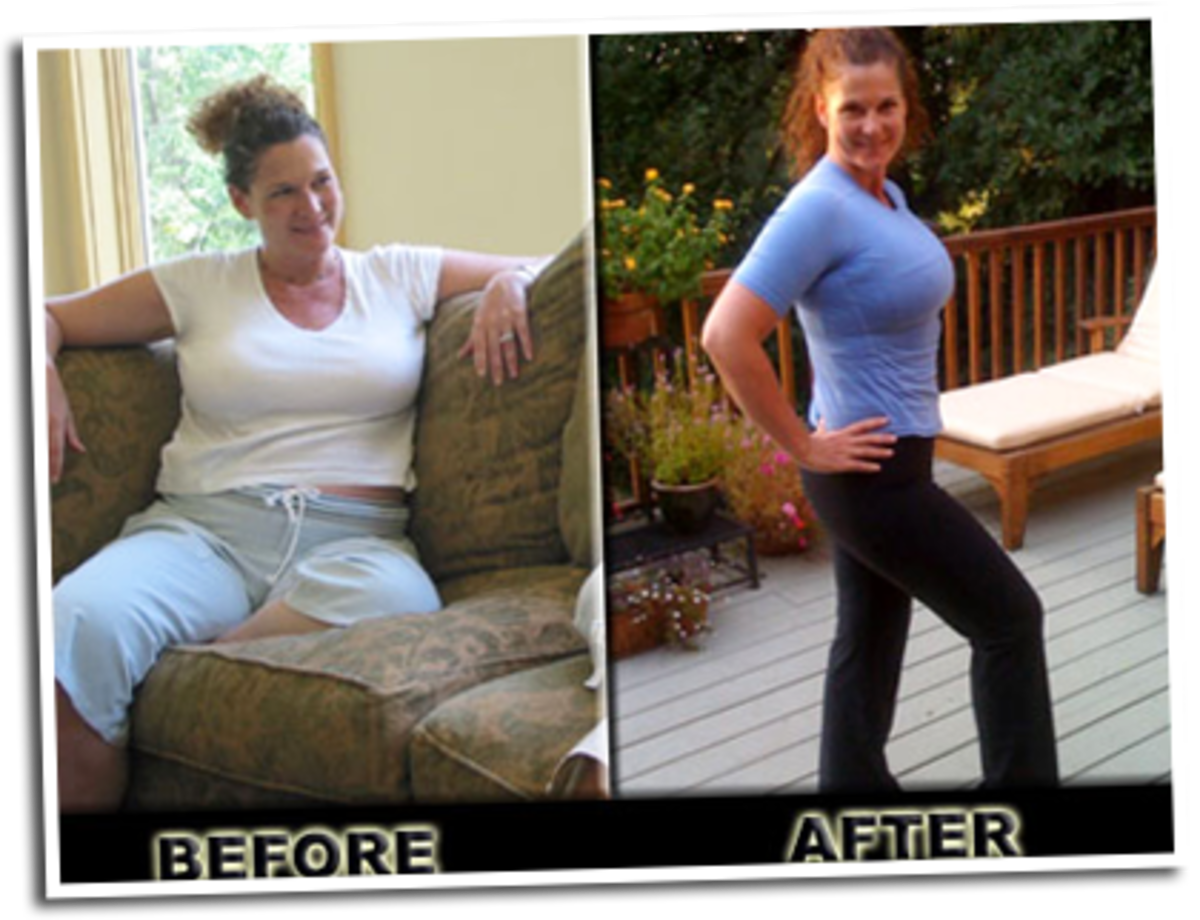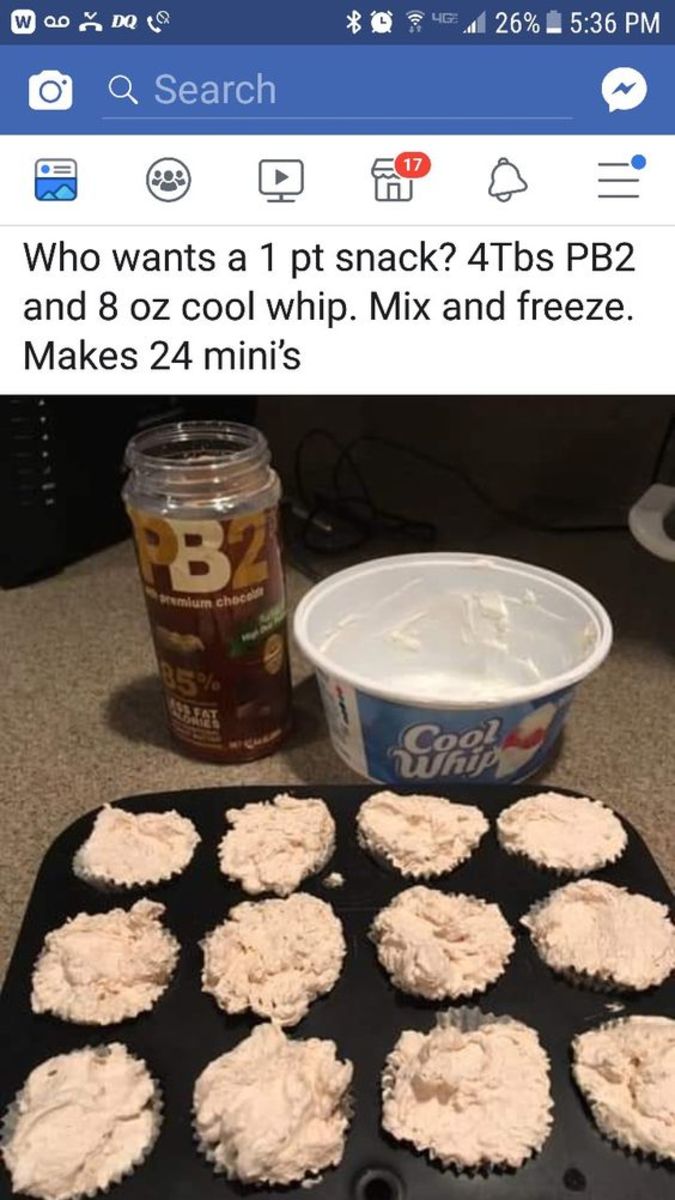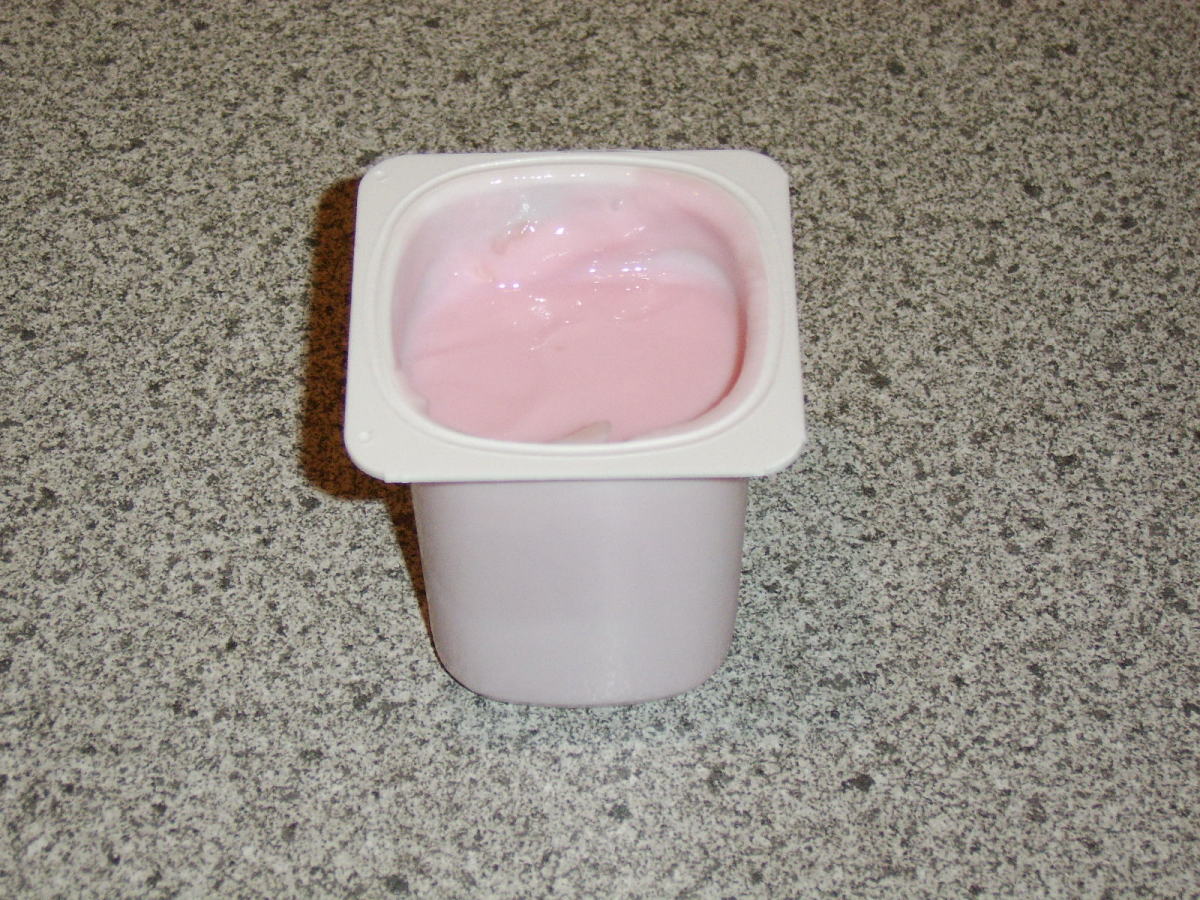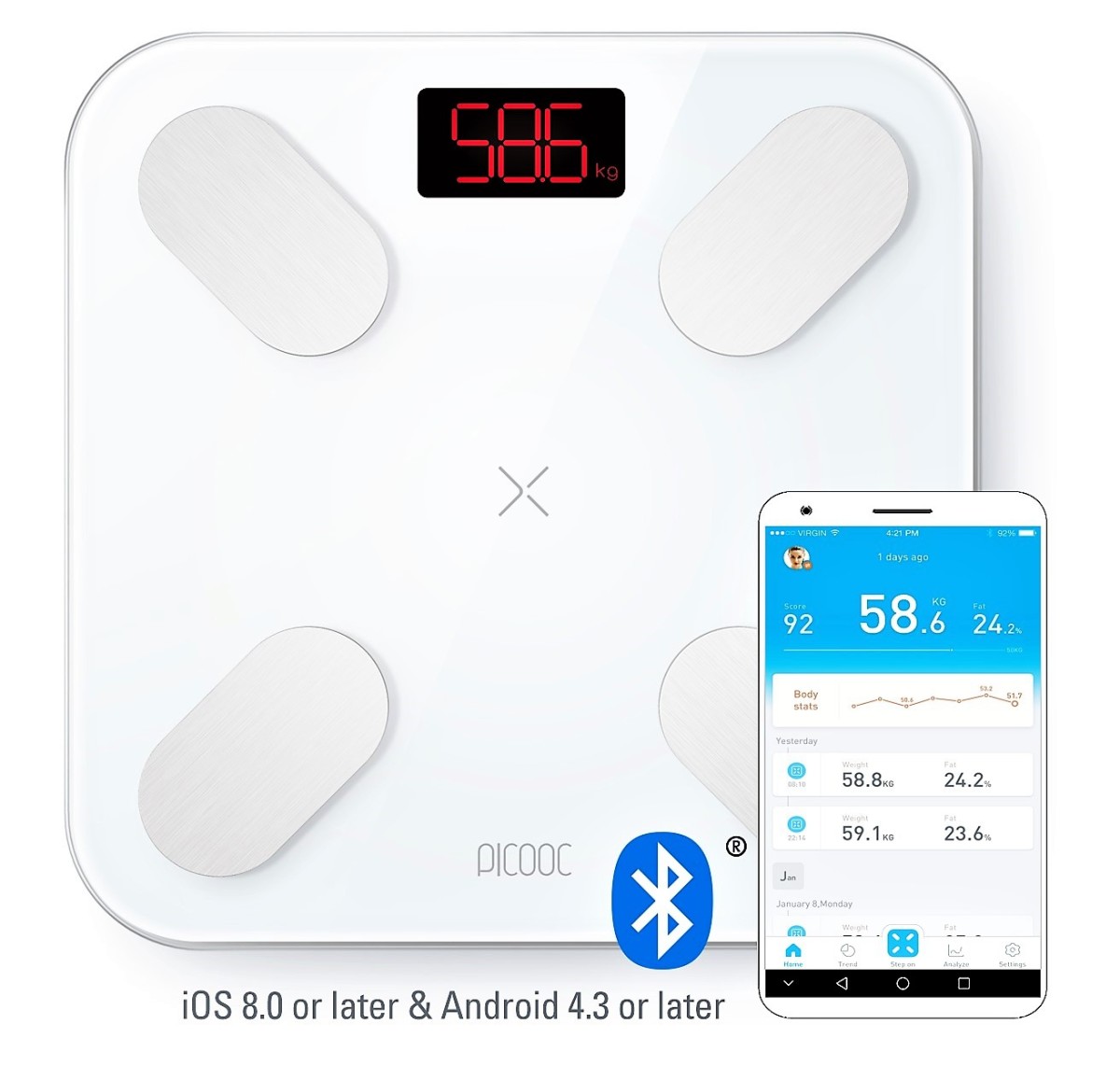The connection between diet and health.
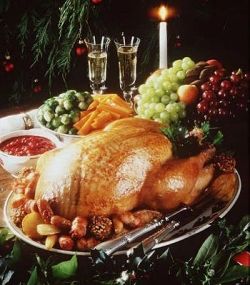
What is Diet and why is it important?
Prior to writing this article I looked up the definition of two words:-
Diet and Food.
Diet is defined as "way of feeding".
In other words, it's the food we eat out of habit.
Today the sad thing is that we are consistently being tricked into believing that if we can put it into our mouths and swallow it, it tastes good and stops us feeling hungry, it's food.
~~~~~~~~~~~~~~ That is not true ~~~~~~~~~~~~~
The definition of Food is "nourishment".
In other words it's the fuel the body needs so it can do all the tasks it's designed to do and if we fail to put in real food, our bodies fail to work properly and we become unwell.
The internal environment of a healthy body is slightly alkaline = 7.4 on a scale of 1 to 14 where 14 is strongly alkaline.
Even a small change makes us ill.
Digestion of food leaves a residue or "ash" --acidic or alkaline -- so it's clear that in order to maintain this delicate internal balance, our choice of food is critical because the last thing we want is an acidic body!
I think it's a good idea to give my body the fuel it needs, when it needs it and in the correct proportions and combinations to help it extract the most benefit.
To do this, there are certain facts we need to know.
This is the second lens in my Health Series. You can find the others in the section Other Health Lenses. "How to enjoy optimum health" is the first in the series.
Thanks to Google for the images.

The body's 24 hour cycle
The body doesn't realise (or doesn't care) that we live in a concrete jungle with a timetable and electric lights!
It continues to function on a natural cycle and goes through 3 phases in every 24 hour period.
These are approximately 6.00 am to noon, noon to 8.00pm and 8.00 pm to 6.00 am -- basically, two phases during daylight hours and one during the hours of darkness.
Whilst we are asleep (hours of darkness) the body does its "housekeeping" tasks, ie. it clears out of the cells all the waste products caused by the day's activities, sending them off to elimination points. It also repairs and replaces damaged and dead cells.
The automatic elimination of waste products starts at about 6.00 am because, under "natural" conditions, we'd wake up with the sun.
By mid-day, most of the elimination has been completed so, until dusk, apart from breathing etc., the body can turn its full attention to the tasks we consciously want it to do.
This cycle has implications for the way we provide the body with nourishment
Energy is needed to eliminate waste products.
Energy is needed for our daily work.
Energy is needed to digest food and for absorption of nutrients.
Some foods take a lot of time and energy to be digested so it makes sense to eat foods in the morning which are easily and quickly digested. In other words, foods which use only a little energy to quickly release large amounts of energy and not use up energy needed for waste elimination.
In the afternoon we need energy to continue our daily work so it's sensible to eat foods at lunch-time which provide sustained-energy release.
At night, the body needs building materials to repair and construct cells so, again, it's sensible to eat foods at the evening meal which supply building materials
Another fact we need to take into consideration
An acid environment is required to digest one type of food and an alkaline one is required to digest another type, so it would appear to be advantageous to eat these two types of food at different times.
As we all know, acid and alkali neutralise each other and when this occurs in the stomach, it causes poor digestion with its unpleasant symptoms of gas / wind and bloating. It also means that we fail to get full value from the food!
It is therefore beneficial to eat protein and carbohydrates at different meals.
Fresh organic greens provide good nutrients
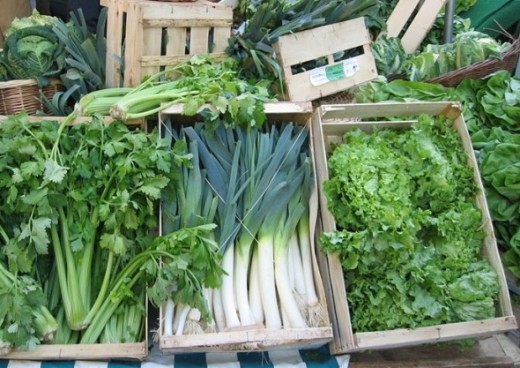
What proportions of food are best?
80% of our diet should consist of green vegetables and fruit, 15% complex carbohydrate and 5% protein (the body can make protein).
[Essential fats are present in the above]
The body's internal environment is alkaline.
When we digest our food, green veg leaves an alkaline ash whereas carbohydrates and proteins leave an acid ash, therefore the majority of our diet needs to be green veg...!
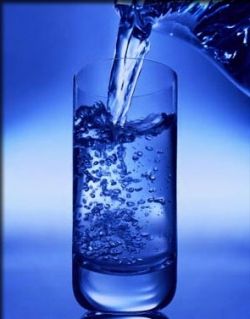
The Ideal Diet
2 Litres of Pure Water Every Day.
Water is the most important nutrient we need - as we all know, we die very quickly without it.
We are 70% water and we need it every day to enable our cells, organs and systems
to perform their functions. We lose 1 ½ to 2 litres per day through the skin, lungs and
gut and via the kidneys as urine, eliminating toxic substances from our bodies.
We need to drink 2 litres of pure, clean water every day, which means that we need to filter out impurities and chemicals.
(Coffee, tea, soft drinks, alcohol do not count -- in fact, they dehydrate us so we need to add an extra glass of water to compensate for each one of those we consume).
Most of us are permanently dehydrated and don't realise it. We think we only need to drink when we feel thirsty but thirst is a sign that we are already dehydrated!
It is important that our drinking water is at body temperature because our cells cannot absorb and use cold water.
Drinking a glass of water 30 minutes before eating helps with digestion but drinking water with a meal dilutes the gastric juices, making digestion difficult. Wait two more hours before drinking any more water.
Here are two simple ways to test whether your body needs water:-
Lightly pinch the skin (front of the neck or between the thumb and first finger). If it doesn't spring back, you are short of water.
Your urine should be nearly colourless. If it isn't, you are short of water.
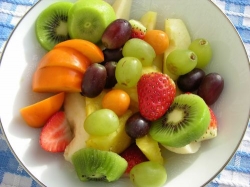
Breakfast and Morning Snacks
Fresh fruit contains water. It is digested and out of the stomach in 15 minutes, releasing its energy
(banana takes 30 minutes) so the body is not then using up energy that it needs for eliminating toxins.
You can top-up your energy by snacking on fruit any time you feel hungry during the morning.
Due to this rapid digestion, fruit should be eaten at other times as a Starter, NOT as a Dessert, 15 minutes prior to eating carbohydrates or proteins. They stay in the stomach for an hour or more and any fruit trapped in there just ferments ....Not good...!
Anything with seeds inside is a fruit.
Melon, grapes, pineapple, water melon, peaches, apricots, plums, greengages,
apples, oranges, pears, berries, tomatoes, peppers, courgette, cucumber.
My normal breakfast consists of five or six different fruits cut up into small pieces. I eat most of it, leaving a small amount to eat mid-morning.
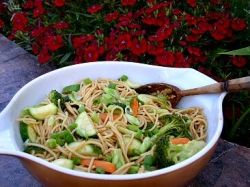
Lunch
Carbohydrates, salad, all vegetables (fresh/frozen). (complex carbohydrates give sustained -release energy which we need in order to work in the afternoon).
Wholemeal breads and pastas, brown rice, carrot, parsnip, potato, beetroot, radish
Lettuce, onion, cress, herbs, garlic
Green leafy vegetables:- sprouts, cabbage, leeks, broccoli, cauliflower, asparagus
Vegetables are best eaten raw or lightly cooked. (Steamed/stirfried not boiled).
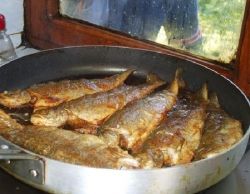
Dinner
Protein & green vegetables. (the body requires protein to build and repair cells so it needs to be eaten in the evening )
Fish, poultry, egg, cheese, very little red meat.
Legumes (peas, beans, chick peas, lentils), not the root vegetables listed with breads (they are Starch-Carbohydrates
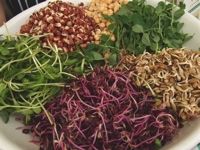
Is this way of eating easy to follow?
At first I found it really hard and very strange to eat this way but I was pleasantly surprised how quickly I mentally adapted to it.
Now, it feels right and normal and, although I sometimes like to eat a traditional Sunday Dinner or Christmas Dinner (I love Yorkshire Puddings), it otherwise never occurs to me to cook potatoes and carrots etc. to eat with meat or fish, I just have three-quarters of my plate full of five or six different kinds of green veg.
I've become quite innovative with salad for warmer days. I have greens like wild rocket, watercress,shredded cabbage etc, not just lettuce, shavings of fresh ginger root and thinly sliced raw courgette and raw stalks of cauliflower and broccoli as well as growing my own sprouted seeds --I just have to remember to eat them at the appropriate meal.
I make my own salad dressing by adding crushed garlic, black peppercorns and fresh rosemary to a bottle of Extra Virgin Olive Oil. Organic, of course. After about four days it tastes really nice and just gets better..!
Last Spring, I decided to have a parasitic and fungal cleanse so I stopped eating grains and root vegetables for a couple of months. A nice side effect was that I got rid of a stone of fat during the first two week. Lovely! I also had lots of energy and felt great.
When I re-introduced carbohydrates I did regain a little weight -- about four or five pounds but that was ok because my body had rid itself of a stone and a half of unnecessary fat!
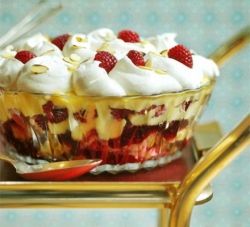
What do we need to remember?
I think it's important to remember that the design of our bodies has not changed from when we were Hunter-Gatherers.
It struggles to cope with four-course meals where we consume protein, carbohydrates, vegetables, sugar, fancy desserts and puddings etc. all mixed in together.
I think we need to be sensible and bear in mind that a healthy body can stand some abuse as long as it's not every day!
I like cake and sherry triffle and all sorts of yummy things and I eat them.
However, they are treats, not part of my normal everyday diet so when I do eat them, I really enjoy them!
What do YOU think?
Do you agree that the reasons I have given make a good case for eating in the way I recommend ?
When deciding what to eat, I also take into account the following points.
Whether or not you take them into account when planning your diet, is your choice.
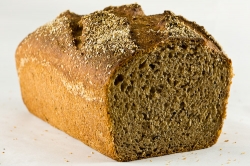
A few facts you may wish to be aware of.
Research shows that organic food is more nutritious than non-organic.
I think it tastes better too, just like it used to taste years ago when it was taken fresh from the garden.
Oats, rye, millet, brown rice are gluten-free.
They contain Vitamin B17, the anti-cancer vitamin. (Like Vitamin C is the anti-scurvy vitamin).
The grains we traditionally ate were spelt, qinoa, oats, rye, rice.
When milling white flour, over 90% of the chromium (necessary to avoid diabetes) and selenium (necessary to avoid cancer) are removed, along with other minerals.
Modern wheat has been bred to increase its amount of gluten (easier to make fine white flour for confectionaries)
Gluten is a poison. A healthy body can cope with a "natural" amount of gluten but modern wheat contains too much -- hence people with wheat intolerance as in Celiacs disease and other allergic reactions.
Sprouting seeds are living food and are very nutritious.
Linseeds and Sunflower seeds are a source of Essential Fatty Acids.(EFAs) EFAs are also found in coldwater and oily fish.
Organic butter (not if you have cancer) and dripping are safe for cooking as they do not turn poisonous when heated as vegetable oils do.
Real chocolate -- dark, bitter, at least 70% cocoa solids-- is beneficial. It is free from preservatives and chemical flavourings. (I like dark chocolate from Lindt and I belong to Hotel Chocolat's "Chocolate Tasting Club".
Smoking destroys Vitamin C
Alcohol destroys the B Vitamins.
When a nutrient is called "Essential", as in all minerals, most vitamins and some fatty acids, it means that the body cannot make them - they must be consumed every day.
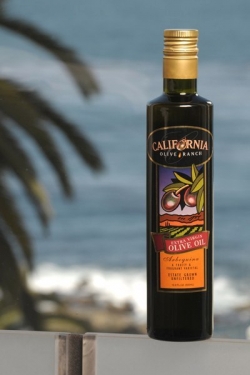
Extra Virgin Olive Oil has not had any nutrients removed.
Daylight turns vegetable oils rancid.
Hydrogenated fats and oils are harmful. (Hydrogenated fats are rigid chain fatty acids not flexible and they block the takeup of the good, flexible chain fatty acids which we need). Margarine and spreadable butter are examples.
Cooking oils have had vitamins etc removed and replaced with synthetic ones.
Saturated fat is a necessity (butter, lard) but use in moderation. Organic is free from added growth hormones and anti-biotics.
A low fat diet is not beneficial.
Be aware that most plastic bottles contain Bisphenol A which leaches out into the contents. Bisphenol A is not good.
Dark glass and unlined tins are safe.
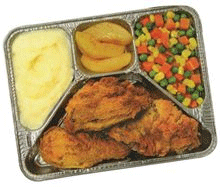
Processed foods and drinks contain preservatives, sugar, sweeteners, table salt.
Microwave energy is radiation:-
Kirlian photography shows that In 9 seconds it destroys most of the nutrient value in food.
It turns the fats in milk into trans-fatty acids, which are poisons.
It increases white cells and "bad" cholesterol in the blood, whilst decreasing the number of red blood cells.
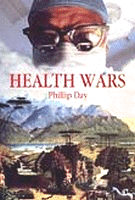
Saccharin. A synthetic sweetener , no nutrient value, the US National Toxicolgy Program put it on its "cancer-causing" list.
Aspartame. New name is AMINOSWEET. A sweetener, no nutrient value, some side-effects laid at its door include MS, Alzheimer's, memory loss, hormonal problems.
There is an excellent article on sugars and sweeteners in "Health Wars" by Phillip Day.
You can buy "Health Wars" HERE
Sorry, this book is currently out of stock on his website but you may find it elsewhere.
"Health Wars"
This link is to Amazon.com not Amazon.co.uk


